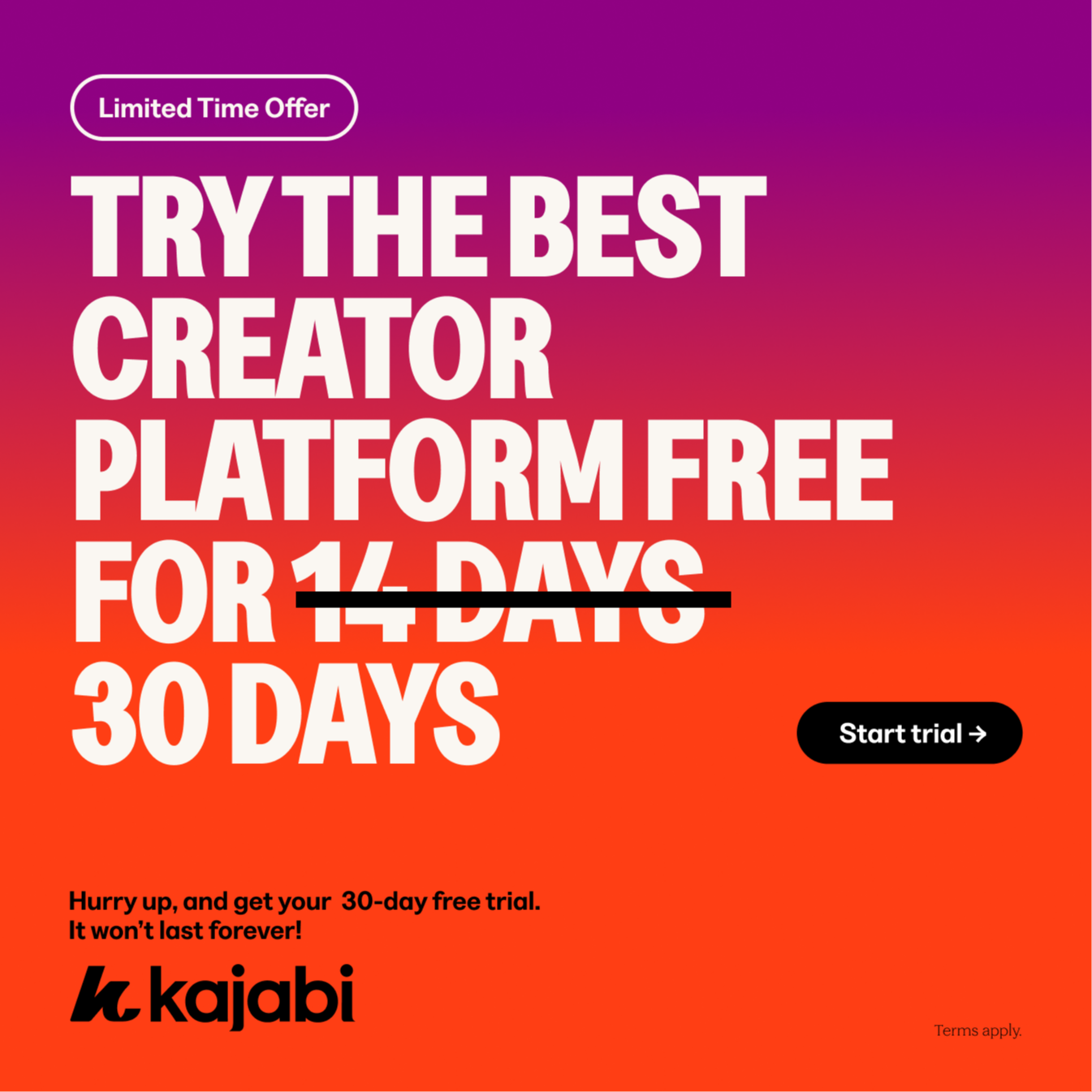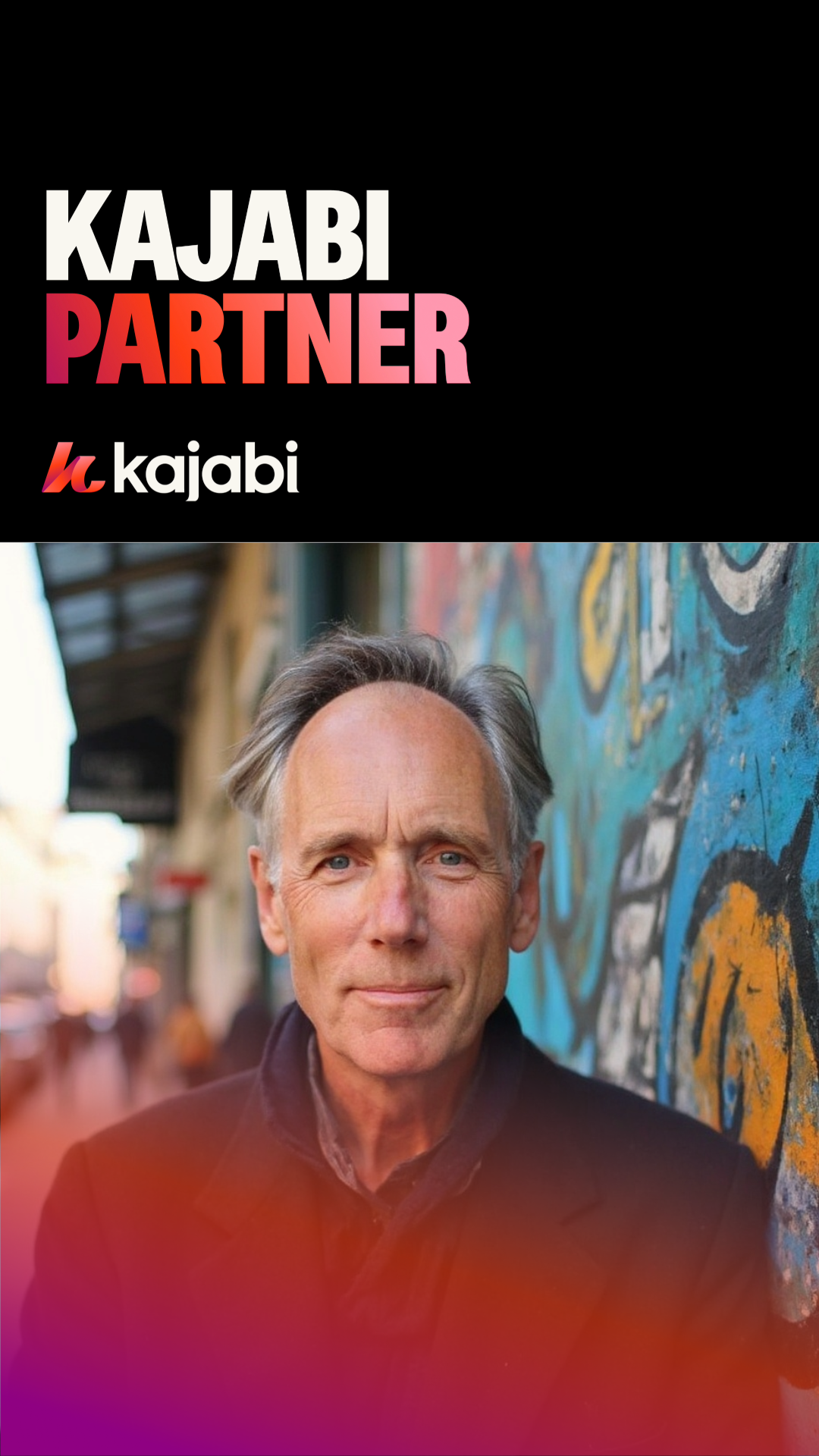Building Your Course The Smart Way: Who You Actually Need On Your Team (And When To Bring Them In)

You’re the Expert. That’s the Hard Part.
You already know your expertise. You’ve probably spent many years of your career mastering what you do, whether that’s nutrition, leadership, finance, design, or coaching. People trust you, they learn from you, and maybe they’ve even said, “You should teach this.”
So, you decide to turn your expertise into an online course. Excellent move.
Then reality hits:
Who’s going to help me build it? And how do I find someone I can actually trust?
A few searches later, you discover an endless list of freelancers, all “experts,” all promising quick results, and none of them doing quite the same thing. It’s not that they’re dishonest, they are not!
This article will help you understand what kind of help you really need, when to hire them, and how to stay in control of your project and your budget.
(And just to be clear: this isn’t a pitch. You don’t need to work with us. Use this as your roadmap to hire anyone you like, whether that’s on Upwork, Fiverr, or through word of mouth. If you decide later that you’d rather have one experienced partner handle the lot, we’ll mention how to reach us at the end.)
Why “One-Stop Freelancers” Rarely Work Out
Building an online course sounds like one job, but it’s usually four overlapping roles:
-
The Course Architect — translates your expertise into a structured, engaging learning journey.
-
The Producer — handles visuals, slides, video, and audio so it looks and sounds professional.
-
The Platform Builder — sets everything up in Kajabi, Teachable, Thinkific, Podia, LearnWorlds, or wherever you host it.
-
The Launch & Offer Strategist — positions the course, prices it, and helps you plan the launch funnel.
To be perfectly honest, it’s rare for one person to excel at all four. When you expect a single freelancer to “do it all,” you’re usually asking them to design, teach, edit, code, and market, five careers in one contract. No wonder so many projects stall halfway.
The solution isn’t to distrust all these freelancers; it’s to match the right person to the right stage.
The Smart Order To Hire In
We always say, think of it like building a house: don’t hire a painter before you’ve drawn the blueprints.
Stage 1. The Architect
Work with someone who can translate your knowledge into lessons, outcomes, and flow. This is where your course shape, pacing, and student experience get defined.
Stage 2. The Builder & Producer
Once you have your blueprint, bring in your platform specialist and creative team. They’ll turn that structure into a functional, on-brand experience and help with your videos, slides, automations, student learning and gamification.
Stage 3. The Finisher
Finally, the strategist. This person (or team) helps you package your course, build your landing pages, and get ready for launch day.
Hiring in that order saves you money, keeps the project moving logically, and prevents “scope drift.”
How To Know Who You’re Talking To
When reviewing freelancers, listen to how they talk about the work.
| If they talk about... | They’re likely a... | Hire them for... |
|---|---|---|
| learning outcomes, engagement, course flow | Course Architect / Instructional Designer | planning and structure |
| branding, colour palette, transitions, video cuts | Producer / Editor | visuals, editing, presentation |
| automations, email sequences, integrations | Platform Builder | technical setup |
| funnels, launch timelines, pricing, offers | Strategist / Marketer | promotion and sales |
Great freelancers will happily tell you which of these they do best and who they usually collaborate with for the rest. Honesty is gold.
Where To Look (And What To Expect)
Each freelancer platform has its own professional way and its own unique style:
-
Upwork – Possibly best for experienced professionals with verified history and long-term projects.
-
Fiverr – Great for small, clear deliverables like editing or graphics.
-
PeoplePerHour – UK-friendly, useful for creative work.
-
Freelancer.com – Wide range, but needs careful vetting.
-
Contra – A network that connects independent professionals with clients
Wherever you search, don’t rely solely on star ratings, as they can be misleading on their own. Ask for a discovery call and one or two live examples of their work.
Brief Like a Pro (Freelancers Love This)
Here’s a simple template you can copy into any job post:
Project: Convert a [number]-page resource into a [number]-module online course.
Deliverables: course map, lesson scripts, platform build, media uploads.
Preferred Platform: Kajabi / Teachable / Thinkific / other.
Include in your reply: links to courses you’ve built, what part you handled, and your typical process.
Budget: £X–£Y or hourly range.
Timeline: [insert].
A clear brief attracts serious professionals and filters out time-wasters instantly.
Keeping Your Budget Safe
You don’t have to spend thousands all at once. Break your project into paid phases or milestones.
That way, if anything goes off track, you’ve invested as you go along, not the entire build all at the start.
Good freelancers will welcome that approach. It shows you plan like a professional and are willing to invest when a professional job is completed.
If You’d Rather Keep It Simple
Some experts love building their own small team. Others prefer one partner who can coordinate everything so they can stay focused on their content.
If that sounds more your style, that’s what we do: combining course design, platform build, and business strategy under one roof.
If any of this resonates with you, we would be delighted if you contact us for a completely complimentary discovery call, and if not, here is a PDF that you can download that will help you in your search: Click Here To Download
Final Thought
Building your course should feel like an exciting extension of your expertise, not an exhausting maze of freelancers and tech.
When you choose people whose skills complement yours, you’ll stay in your zone of genius, and your students will feel it.
Schedule a Free Discovery Call
Are you looking for support in planning, designing, creating, publishing or promoting your online courses? Schedule a call and let's explore how we can help you.
GET KAJABI FREE FOR 30 DAYS
Try Kajabi for 30 days for free.

50% Complete
Add Your Details
Add your details and we will email you helpful advice and insights. You can unsubscribe at any time.



